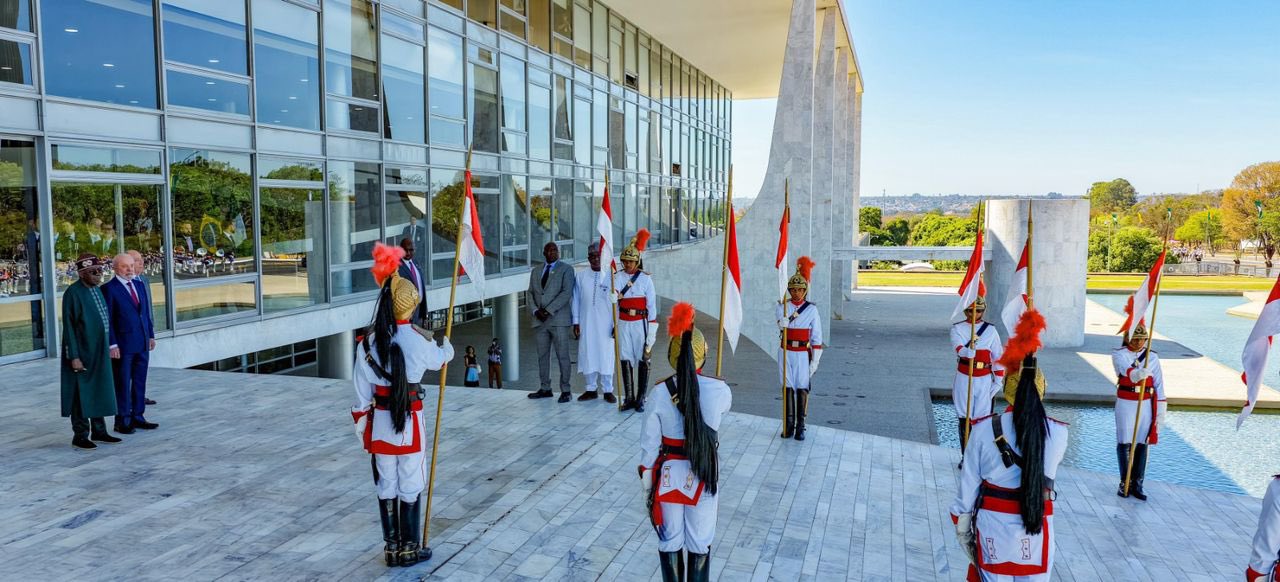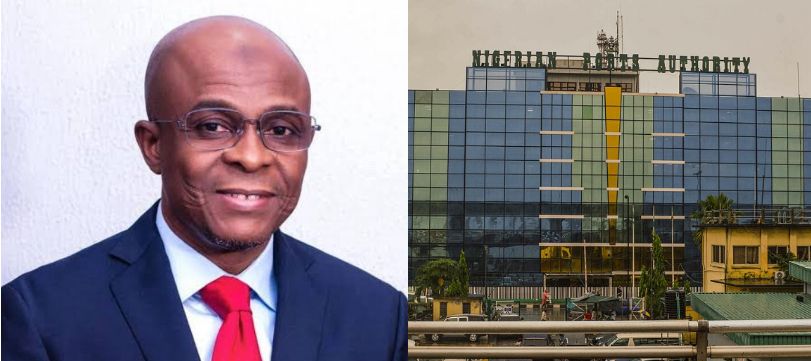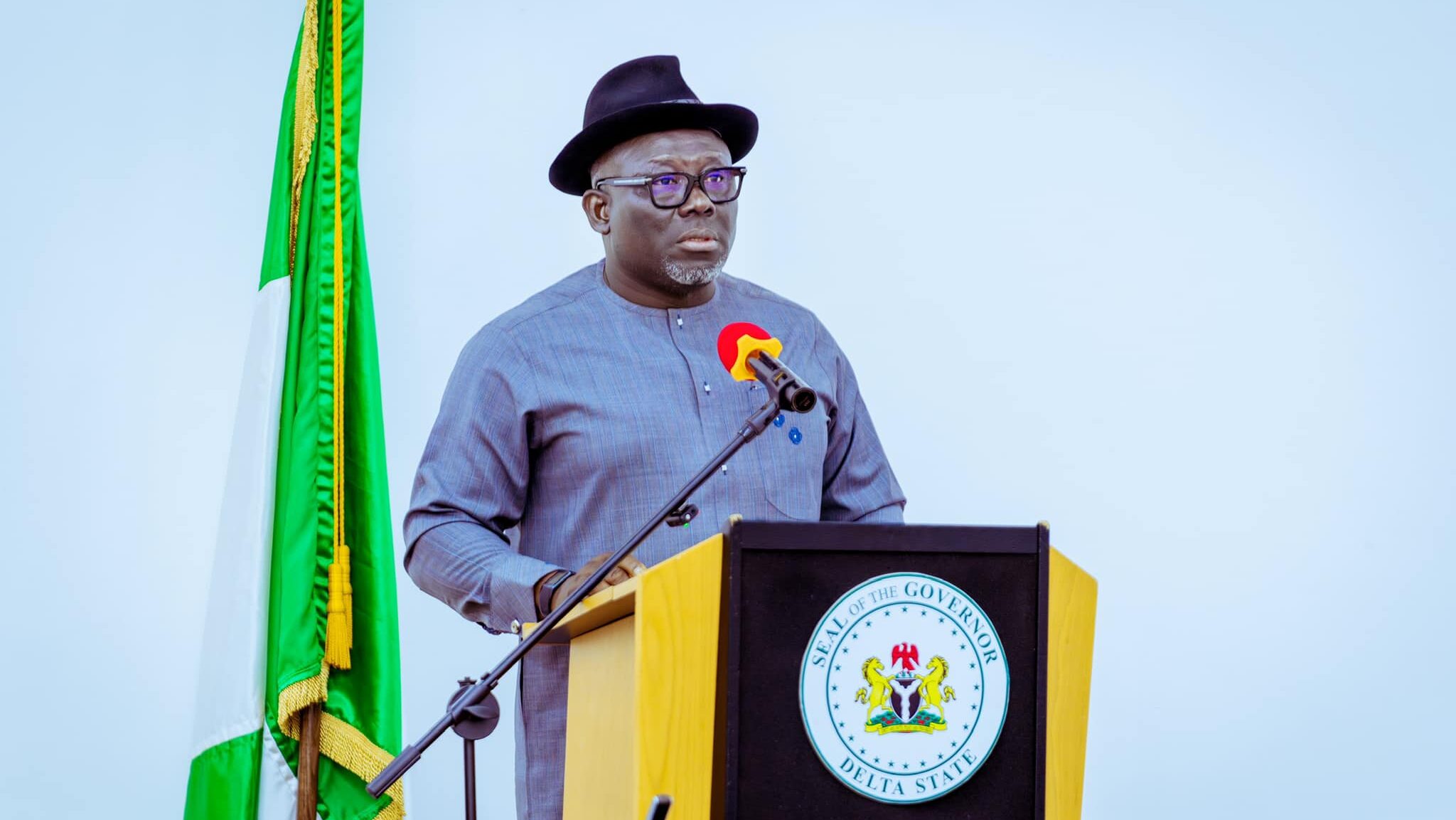A Bar and a legal profession that lacks independence cannot stand out nor stand tall, contends CHIDI ANSELM ODINKALU
In 1981, Chief Gani Fawehinmi was already 16 years at the Nigerian Bar and one of its brightest stars. Already a breakout litigator, Gani had also become a pioneer in the enterprise of legal publishing. One decade earlier, he had served the Nigerian Bar Association (NBA) as its national publicity secretary. Among the lawyers of his or, in fact, any other generation active at the Bar, there were few who could claim to be more accomplished.
The hallmark of excellence in legal practice in Nigeria, the rank of Senior Advocate of Nigeria (SAN), was a mere six years old at the time. Then – as now – the Legal Practitioners Privileges Committee (LPPC) was the statutory body established to consider and determine eligible applicants for the rank. As always, it was chaired by the Chief Justice of Nigeria (CJN). By any measure, Gani Fawehinmi was more than eligible to take the rank in 1981.
Instead of sending him to the LPPC, however, then Attorney-General of the Federation, Richard Akinjide, a SAN since 1978 and eighth on the all-time list of SANs, sent Gani to the Legal Practitioners Disciplinary Committee (LPDC) for the supposedly high professional crime daring to announce the existence of a path-breaking law reporting enterprise in which he was engaged. As the Attorney-General of the Federation, Akinjide happened to sit on the LPPC and was also the chair of the LPDC. Vocational or institutional independence for the legal profession was alien to this design.
The complaint against Gani seemed pre-determined. So, he sued. When Candide Ademola Johnson, Chief Judge of Lagos State, ruled in Gani’s favour at the first instance, Akinjide’s LPDC was unhappy. They appealed to the Federal Court of Appeal (as it was called then) and lost. An implacable LPDC appealed to the Supreme Court. Four years after Gani first sued, in July 1985, the Supreme Court tossed the appeal of Akinjide’s LPDC with a unanimous judgment in his favour.
With a case pending before the courts over the lawfulness of the plan by the legal establishment to throw the kitchen sink at him, Gani was frozen out of consideration for elevation to the rank of SAN. His credentials were irrelevant. Indeed, it was rumoured with more than a modest whiff of credibility that they did approach him with an offer to concede the legal proceedings in return for a favorable consideration for elevation to the rank. He reportedly declined.
By the time the Supreme Court decided the case in July 1985, the cast of actors was different and the issues were about to get even more interesting. At the end of September 1983, Akinjide ceased to be Attorney-General of the Federation and, with that, also departed as the chair of the LPDC. When the Supreme Court handed down its judgment in July 1985, the chair was Chike Offodile, then Attorney-General to military ruler, Muhammadu Buhari.
By then, Gani was already deep in another battle with the legal profession as to how to approach Gen. Buhari’s military and anti-corruption tribunals. The NBA asked lawyers to boycott them; Gani refused. The month after the Supreme Court rendered its judgment in his favour in 1985, the Buhari regime was overthrown.
Bola Ajibola, the new Attorney-General of the Federation, was the president of the Bar whose call on lawyers to boycott the military tribunals went unheeded by Gani. When Gani’s name came up the following year for consideration for the rank of SAN, it ended up in the bin. In September 2001, more than two decades after he emerged as perhaps the most eligible to take the rank, Nigeria’s legal and political establishments yielded ground and finally conceded the rank of SAN to Gani Fawehinmi.
Gani’s is the most obvious and most willful exclusion from the rank and for political reasons. He is by no means the only one. Former president of the NBA, Alao Aka Basorun and late lawyer to Fela Anikulapo-Kuti, Kanmi Isola Osobu, were two others probably passed over because of their ideological leanings. Political reasons similarly explain the reason why former Attorney-General of the Federation, Olu Onagoruwa, was passed over for the rank until 2014 when he was too unwell to attend the investiture.
Among the living, former Attorney-General of Lagos and former Chair of the Body of Benchers, Hairat Balogun; Ayo Obe; and Jide Ogundipe are three examples of outstanding litigators whose exclusion from the rank casts aspersions on any claims to objectivity in the decision making process for its conferment.
When, therefore, he claimed in a release on 18 August 2025 that the conferment of the rank of SAN “is not a political appointment, nor is it an executive patronage”, former General Secretary of the NBA, Olumuyiwa Akinboro SAN (who is also running to be the next president of the Nigerian Bar), indulged in both historical inaccuracy and factual revisionism. He was wrong on both claims and he knew it. Mr. Akinboro’s beef was with the requirement for the State Security Service (SSS) to screen candidates for elevation to the rank of SAN.
It is useful to note what Mr. Akinboro chose not to see. First, the requirement for the screening by the SSS is contained in the Guidelines for the Conferment of the rank of SAN made in October 2022 by then CJN and Chair of the LPPC, Olukayode Ariwoola.
Second, those Guidelines specifically required the screening to be conducted respectively by three agencies: the Independent Corrupt Practice Commission (ICPC); the Economic and Financial Crimes Commission (EFCC); and the SSS. Mr. Akinboro could not be bothered to acknowledge that these were rules made by the CJN; nor did he notice that they also required the EFCC and the ICPC to do the same.
Third, Mr. Akinboro justified his intervention with an emotive appeal to the need not to compromise the rank of SAN and to preserve the “independence of the courts”. Perhaps he did not know that the rules on judicial appointments made by the National Judicial Council (NJC) require also that a recommendation for judicial appointment from the Judicial Service Commission shall be accompanied by a “report by the Department of State Security (sic) on the suitability of the candidate for appointment to a Judicial Office supported by verifiable facts on which the report is based.” The agency referred to here as “Department of State Security” is exactly the same one that the SAN Guidelines call SSS. Mr. Akinboro sees nothing wrong with candidates for judicial appointments going through the same process which he says intrude into the independence of the SAN application process. Apparently what is bad for the rank of SAN is good for the judiciary.
It is evident that these ebullitions from Mr. Akinboro and his ilk do not come from a place of principle. It is not about independence of the legal profession nor is it about a commitment to professional excellence. Instead, these kinds of views seek assurances of privilege for a few procured at the expense of the many and all under the convenient artifice of “independence” of the legal profession.
Interestingly, this occurs in the week that the NBA begins its annual general conference in Enugu, Eastern Nigeria, under the very fitting theme: “Stand Out; Stand Tall.” A Bar and a legal profession that lacks independence cannot stand out nor stand tall. An independent legal profession would have challenged the Ariwoola Guidelines promptly in 2022 rather than wait until after three years later to mis-represent their import for cheap politics. In any case, a CJN would not be the person making the rules for the quality mark of an independent Bar.
Independence of the legal profession is not a privilege handed out on a platter. It is fought for. Lack of independence is congenital design flaw in the institutions of Nigeria’s legal profession. For the record, regimes of exceptionalism such as that advocated for by Mr. Akinboro, do not advance the cause of independence. That is not to say that independence is not a desirable goal. Rather, it is an acknowledgement that Nigeria’s legal profession is nowhere near that goal. Identifying the steps required to get there could usefully preoccupy the NBA in Enugu this week.
A lawyer and a teacher, Odinkalu can be reached at chidi.odinkalu@tufts.edu
The post HOW TO STAND TALL FOR AN INDEPENDENT BAR appeared first on THISDAYLIVE.




